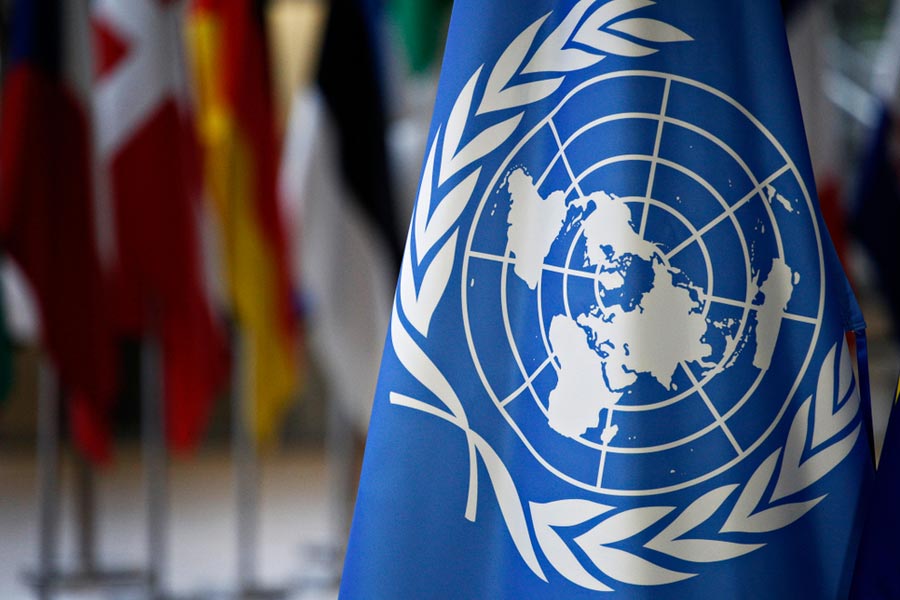India’s decision earlier this week to abstain from a United Nations General Assembly vote on a resolution condemning the Taliban’s treatment of women represents an uncomfortable but necessary approach to Afghanistan. This approach is driven by realism, not idealism. Such a position would have been unthinkable in the past decades when New Delhi viewed the extreme Islamist group as a proxy for Pakistan’s military intelligence. When the Taliban first came to power in 1996, India had shut its embassy and backed its rival, the Northern Alliance. India returned to Afghanistan only after the invasion by the United States of America that led to the ouster of the Taliban, which — along with its allies — frequently launched deadly attacks on Indian diplomatic missions. Yet, the times have changed; and so have the Taliban’s relations with its neighbours. Today, the Taliban has tense relations with Pakistan. Islamabad accuses the Taliban of sheltering groups like the Tehreek-e-Taliban Pakistan, which has carried out devastating terror attacks in that country. Islamabad is also expelling millions of Afghans, many of whom were born in Pakistan or have grown up there, adding to the strain in ties with the Taliban. Pakistan voted against the Taliban on the UN resolution.
By contrast, the Taliban has committed to not allowing Afghan soil for anti-India activities since returning to power in 2021; so far, it appears to be trying to live up to that promise. The Taliban wants — and desperately needs — Indian aid as Afghans grapple with poverty, hunger and disease under the weight of Western sanctions. But it is not just India that is reappraising its ties with the Taliban. Russia, China and Iran, which also treated the Taliban as enemies for decades, also abstained from the UN vote. China is a major investor in Afghanistan and has cultivated close ties with the Taliban in recent years. And although Tehran too has started deporting Afghan nationals, it views the Taliban as a counter to the Islamic State’s Khorasan faction, a major security threat to Iran. Russia shares those worries about the ISIS and, last week, became the first country to officially recognise the Taliban government. The Taliban remains a pariah for the West: the US and Europe continue to impose sanctions on the group and the International Criminal Court issued warrants against its leaders this week. But India must stay pragmatic in its dealings with the Taliban while not endorsing its domestic policies. Some relationships are worthwhile even if they are slightly distasteful. This is one of them.










